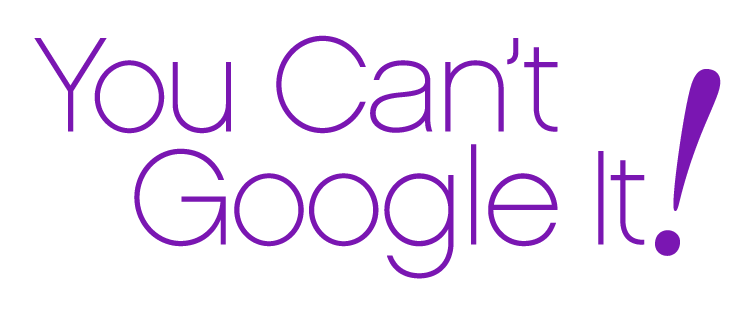Not What We Expected or Wanted
/All generations are changed over their lifecycle by what they confront as they make their way through the world they inhabit. First, each generation tends to be defined by the economic, social, political and cultural influences they typically experience in their formative years, generally especially from roughly age 13-21.
But given the powerful impact of terrorism, wars, the Great Recession, the youngest generations, Gen Z and younger Millennials, have been marked even earlier. A recent New York Times article by Jessica Grose, “Millennials are hitting middle age—and it doesn’t look like what we were promised” documents how that generation has been impacted, and some say have experienced, a different “middle age” than previous generations, who by age 40 were earning more, could afford to buy homes, had expanding families, etc. Many Millennials are thinking “this isn’t what middle age is expected to look like” and feel like.
As a generational specialist – consultant, speaker and author of two books and countless articles on generational mindsets and behaviors, I’m looking back on the earlier typical Millennial attributes I (and other writers observed) and making adjustments to align with the times as Grose, an older end Millennial has done in her article. Reactions to it by callers on March 20th to Brian Lehrer’s always informative program on WNYC public radio, added more lived experience and nuance.
I had previously catalogued typical Millennial attitudes as they grew up with fairly supportive parents (more so than Gen X experienced), and were the most educated generation up to that time, generally optimistic, looking for fun at work, wanting and expecting praise, and opportunities to move up impatiently in their careers - or to move to where they would find more meaningful work and keep learning.
Here are some reactions to how their actual Millennial lives are turning out in their late 30’s-40’s from callers to the program and people Jessica Grose interviewed for her research and article:
Likes her job and family life but feels she isn’t heading anywhere;
Just getting to where he and wife thought they would be several years ago – and with help from Boomer parents;
Only now getting used to age 40, having children and childcare;
At age 38, finding your own therapist learning how to relate to other people, needing help with their mental state;
Hearing parents regularly saying “just work harder” to solve your problems;
Realizing the economic playing field is and will be different from their Boomer parents’. Real wages have gone down.
All this sounds far from optimistic, fun, or getting trophies for just showing up, which was a cliché and reality in the Millennial past. And the answer is not simply “just work harder.”
Most of us are processing and dealing with, or are overwhelmed by, external factors that we have little or no control over. Perhaps all generations have to be slower and more mindful not to jump to judge ourselves and others around us as to what really matters and differs from what we expected and went through, what we wanted for ourselves, and our children/families (or thought we did).
Call to Action: Please share your thoughts with me, my readers, your friends and colleagues.
There are no simple answers to today’s times. Sort out what we can control. Breathe. Learn when mind and/or body tells us - to reflect, slow down and have patience. Be more flexible with ourselves and others, not just as to hours worked and where, but how to provide what matters most.
Let’s make time for meaningful conversations, whether cross-generational ones or with peers. Be open to new ideas and collaborative solutions.



